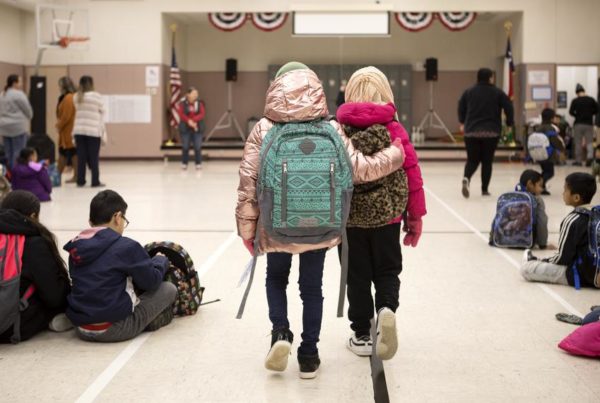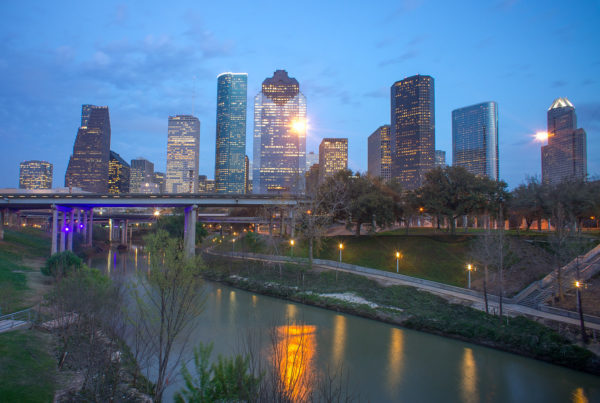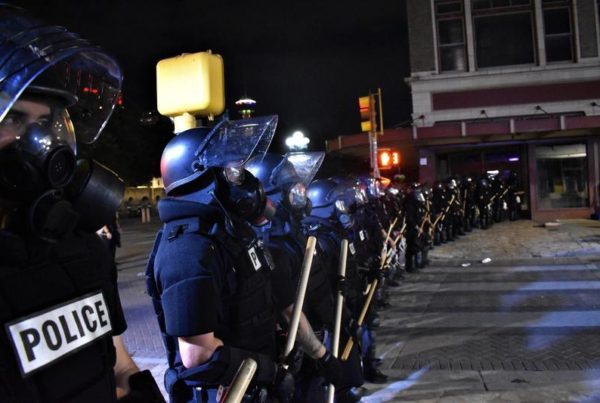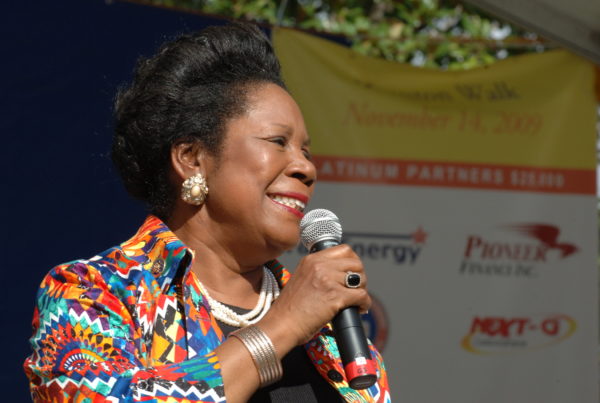Listen to the full story in the audio player above.
What Juneteenth Means To Texans In 2020
Black Texans reflect on the day enslaved people learned they were free. 155 years later, they say there’s still work to do.
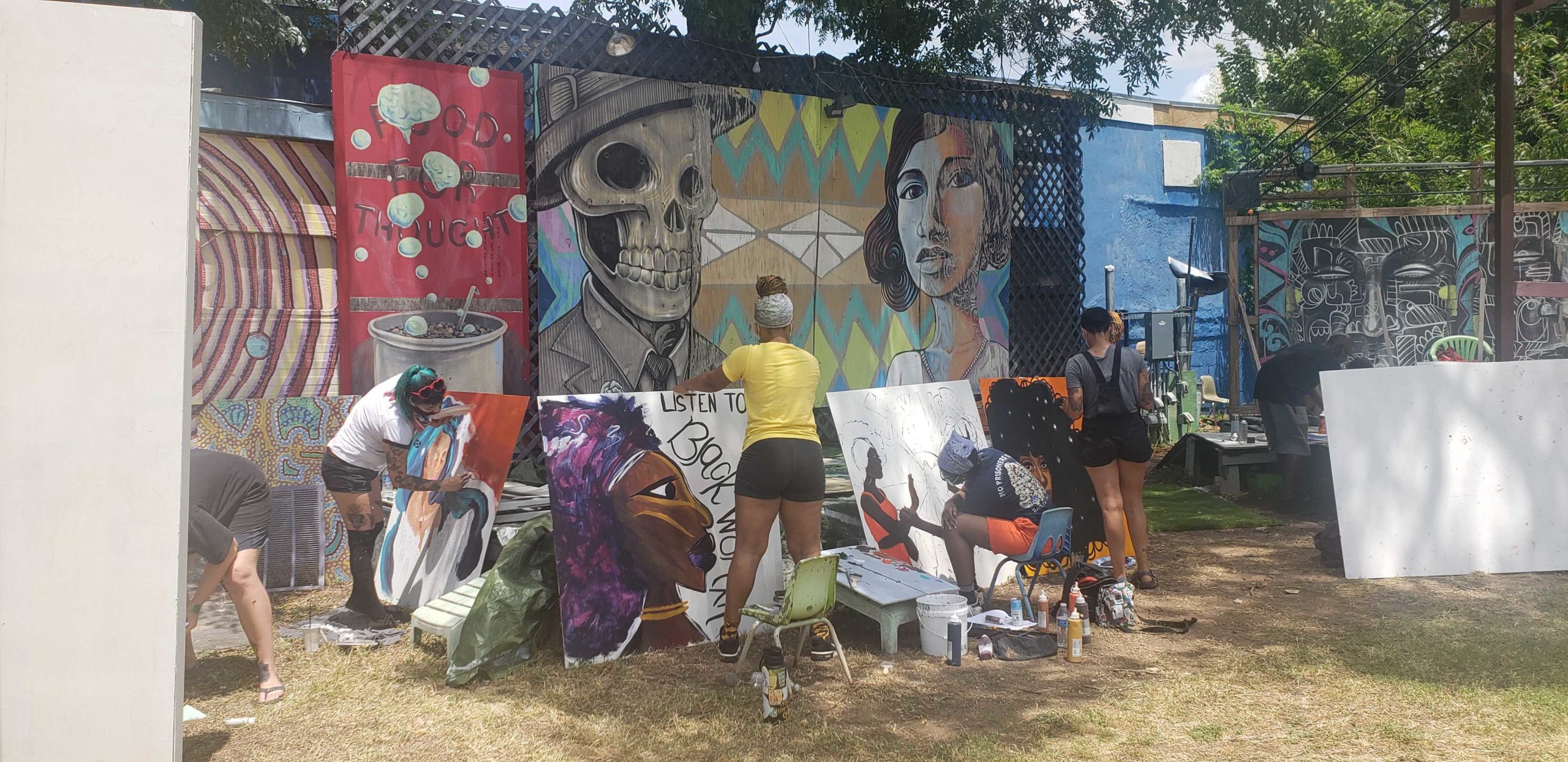
Kristen Cabrera / Texas Standard
For some, Juneteenth is a day of celebration. For others, it's a time for reflection and commemoration. This year marks the 155th anniversary of the day enlaved people in Texas were actually freed – June 19, 1865 – more than two years after President Abraham Lincoln issued the Emancipation Proclamation. To commemorate this year's Juneteenth, Texas Standard gathered the reflections of activists, artists and leaders.
“Juneteenth to me means a combination of celebrating new beginnings, while remembering the victories and struggles of our past. And how anything is possible.”
– Yalakesen Baaheth, student activist
“This is not a celebration. It’s more a recognition, or an honoring, or an embracing. We can’t ignore as a nation, the continuing ramifications of the brutal institution of slavery.”
– Dr. Colette Pierce Burnette, president of Huston-Tillotson University

A mural in Austin commemorating George Floyd, Breonna Taylor and Trayvon Martin.
“Do the work. It is important to strategize, advocate, agitate, get with our elected leaders and force a change. This cannot continue to happen and Juneteenth is the perfect time to commit to doing those things.”
– Alisa Simmons, president of the Arlington chapter of the NAACP
“I don’t live in fear. I live in knowledge. And once you do that, you can have joy, you can second-line, you can electric slide. You can electric slide in front of, behind and through the racists.”
– Tonya Pennie, founder and director of Dance Africa Fest in Austin
“It looks like black lives matter in this moment, in the public. But then, in private, do black lives really matter to people. What are people really going to do?”
– Dr. Colette Pierce Burnette, president of Huston-Tillotson University
Correction: A previous version of this story incorrectly identified Alisa Simmons’s NAACP chapter.
If you found the reporting above valuable, please consider making a donation to support it here. Your gift helps pay for everything you find on texasstandard.org and KUT.org. Thanks for donating today.



